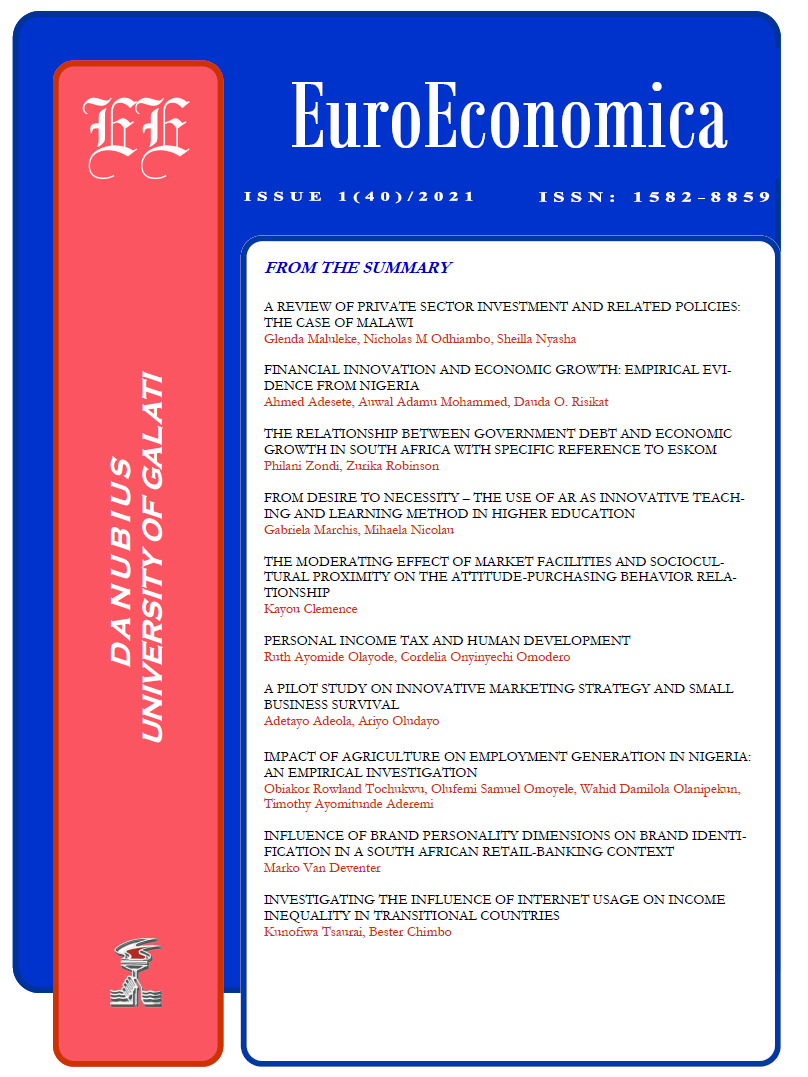The Effects of Remittances from International Migrants on Labor Supply in Cameroon
The Effects of Remittances from International Migrants on Labor Supply in Cameroon
Author(s): Amassangka Haman Haman Valère, Daniel Dawé, Tchaltouang ConstantSubject(s): Gender Studies, Business Economy / Management, Migration Studies, Socio-Economic Research
Published by: Editura Universitară Danubius
Keywords: migrant remittances; labor supply; gender; standard of living;
Summary/Abstract: The purpose of this paper is to first determine the effect of remittances from international migrants on the labor supply in Cameroon. On the other hand, we analyze the effect of receiving these funds on the labor supply of members of beneficiary households according to gender and standard of living. We apply the IV-2SLS method on data from the fourth Cameroonian Household Survey carried out in 2014 (ECAM 4), through the consumer choice model of Becker (1965) adapted to the family economy. From this analysis, it follows that in general, there is a negative effect of remittances from international migrants on the labor supply in Cameroon. The funds received lead to a decrease in labor hours for women while a slight increase is observed for men. Looking at household living standards, the results show that the reduction in working hours is localized only in poor and middle households, while no influence is observed in very poor, rich and very rich households.
Journal: Euro Economica
- Issue Year: 40/2021
- Issue No: 2
- Page Range: 129-144
- Page Count: 16
- Language: English

